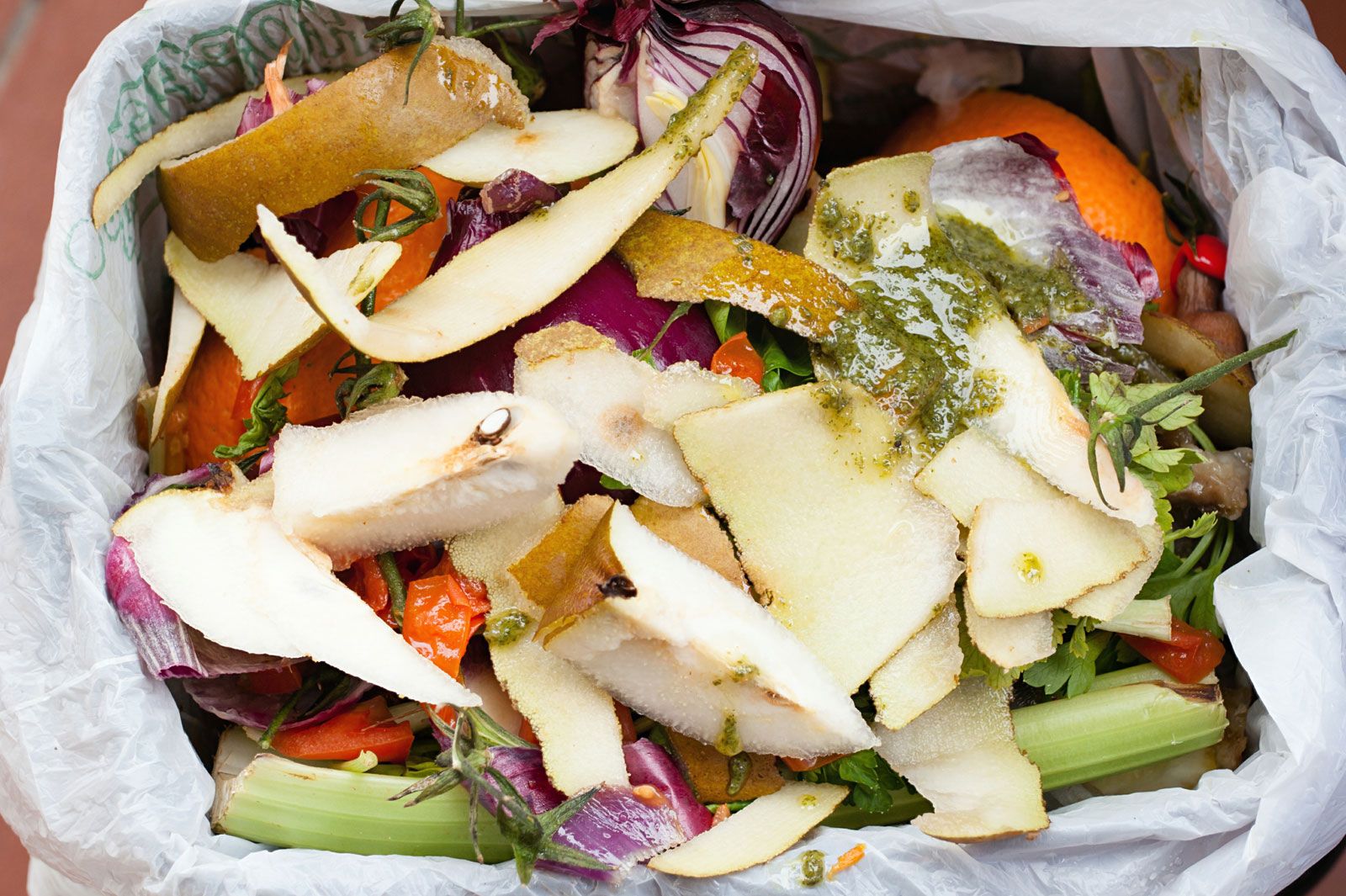
Damien O'Reilly
EU Affairs and Communication Manager, ICOS
Letter from Brussels - August 2023

“Never go food shopping on an empty stomach.” It was the most practical advice I took from a food-waste expert I interviewed on radio some years back. I am in no doubt the advice has served me well in being more efficient when it comes to buying perishable food. In Ireland we generate nearly 800,000 tonnes of food waste annually. It is a significant contributor to climate change creating about 10 per cent of global greenhouse gas emissions.
The Government’s Climate Action Plan, and Waste Action Plan for the Circular Economy aim to tackle this, and the Environmental Protection Agency is a central driver in helping us meet targets. Whether it’s food that never makes it outside the farm gate, food going off in the fridge or food we throw in the bin at home or in a restaurant, we share this problem with the rest of Europe. Last month here in Brussels, the European Commission unveiled one of the most-awaited packages by agri-food stakeholders which deals with ‘sustainable use of key natural resources’ such as soil and plant reproductive materials. And reducing food waste is very much part of that ambition. The Commission has proposed legally binding targets to reduce food waste by 2030, including a 30 per cent reduction for households, restaurants, and retail.
In addition, a 10 per cent reduction binding target will be put in place to tackle food waste during the processing and manufacturing of food. They estimate that 59 million tonnes of food are thrown away in the EU each year costing around €132bn. In a world where so many people go to bed hungry every night, including 30 million EU citizens who cannot afford a proper meal every other day, it is a no brainer that tackling food waste should be priority in Brussels. As part of the overarching EU proposal launched in July, the issue of soil health is also being prioritised. Food waste and soil health are inextricably linked particularly since the EU estimates that 70 per cent of soil in member states is in an unhealthy state.
At a time when farmers feel that they are being marginalised and targeted by NGOs in the battle to decarbonise the planet and protect biodiversity, this is a real opportunity to reclaim respect among consumers. Nurturing healthy soil and producing quality food are the genesis of tackling the scandal of food waste. According to EU Commission vice president and driver of the EU Green Deal, Frans Timmermans: “If food waste was a Member State, it would be the fifth-biggest greenhouse gas emitter in the EU.”
There are many aspects of the EU Green Deal which are controversial and maybe unattainable, but this is certainly a very practical and sensible approach to reduce food waste, tackle climate change, support farmers and underpin food security. What is not to like?
The proposals will now enter the usual legislative process in the Parliament and Council. In the meantime, next time you go shopping, make sure you are not hungry. That way, we are taking our own personal steps to reduce food waste.






